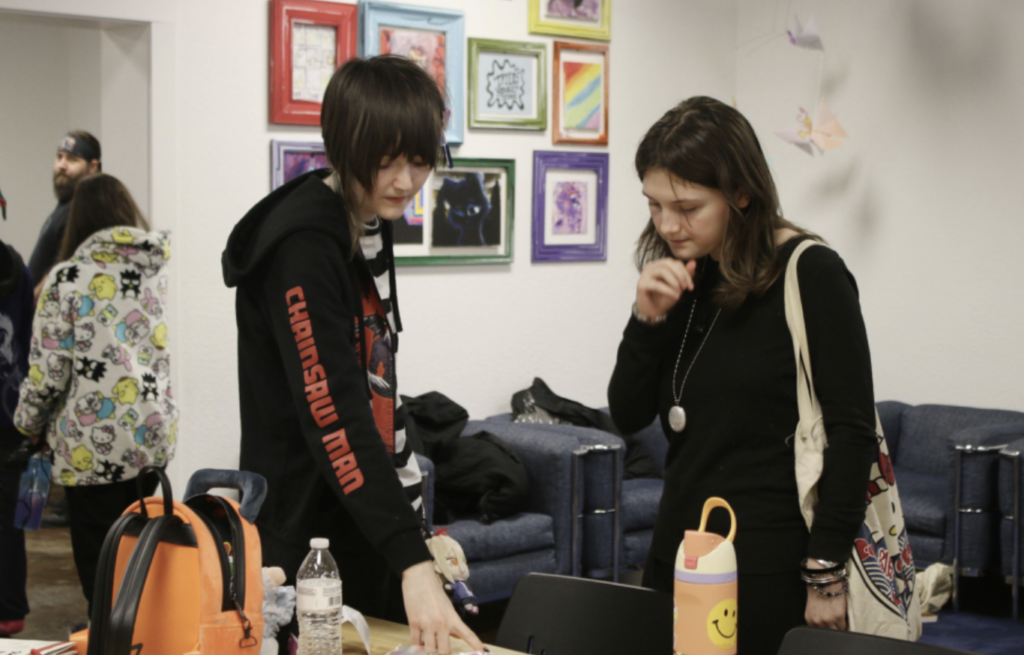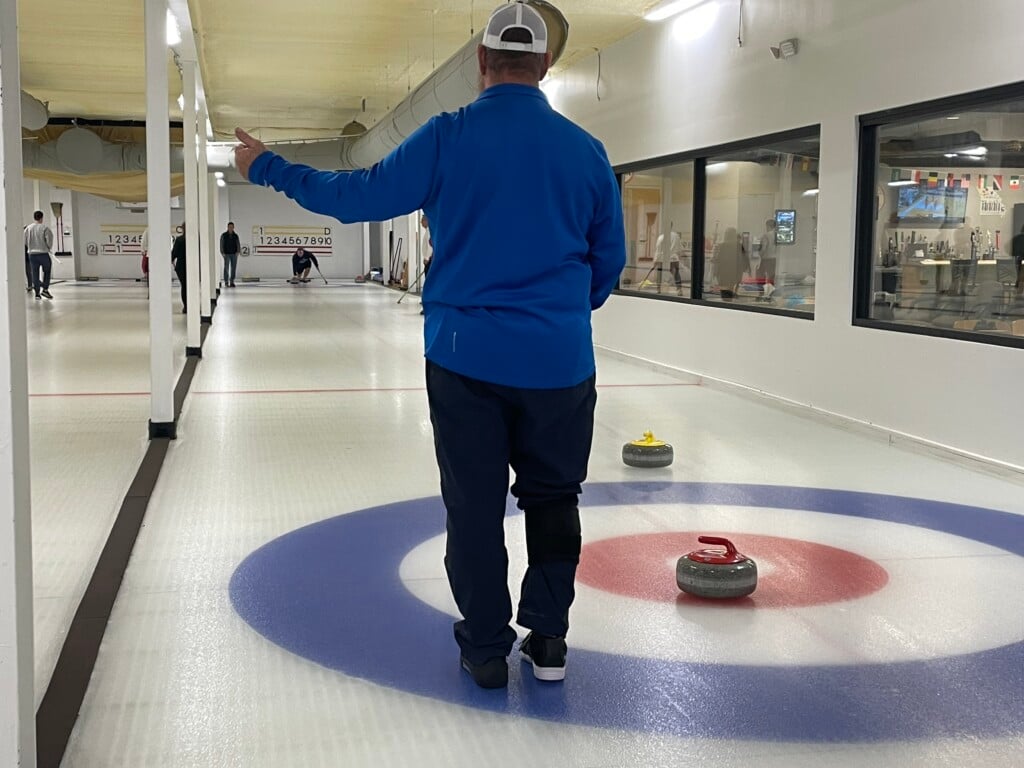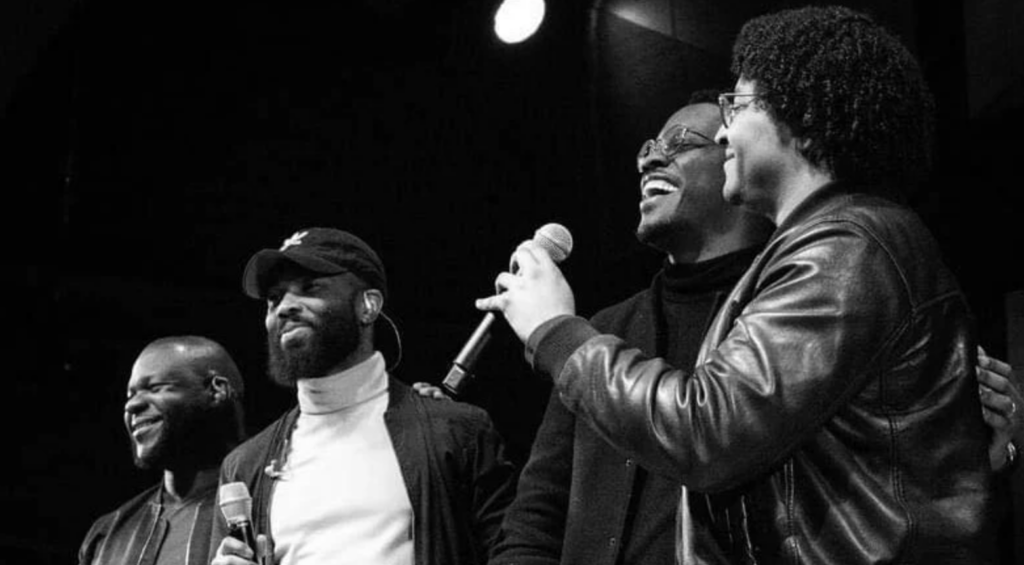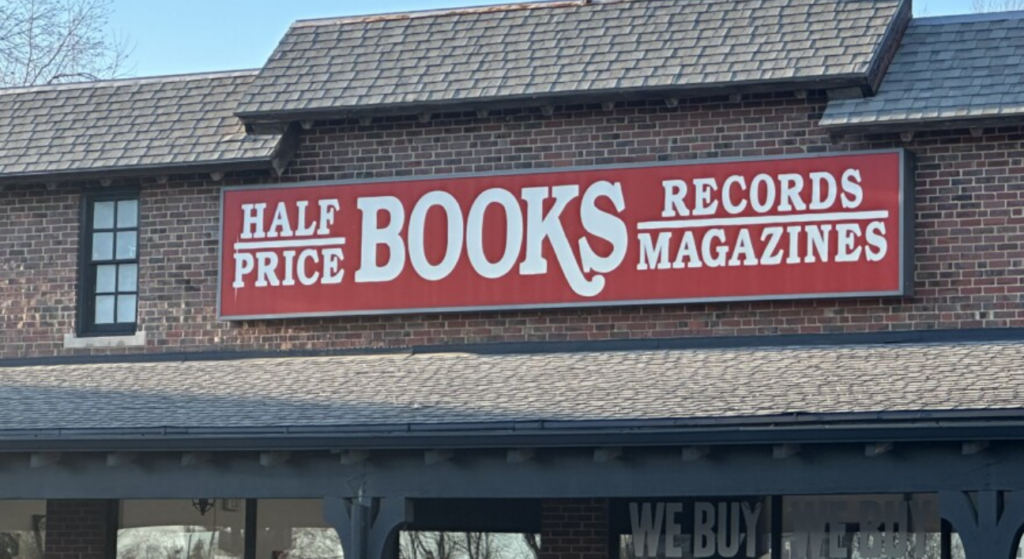Record Skip

J Roland started spinning discs in the early ’90s, when the dance-music underground first began infiltrating scenes outside of urban centers such as Detroit, Chicago, and Manchester, England. His ascent has paralleled the rise of the dance DJ from a party facilitator or a hip-hop sidekick to a full-fledged center-stage performer.
Though he started in Topeka, Roland first became known in the Kansas City area with his popular Thursday-through-Saturday sets at Lawrence’s Granada Theater. In 1998, he started packing the Hurricane’s patio, and two years later, he started an after-hours scene at El Torreon, ultimately losing a much-publicized battle with the police who were determined to shut it down. In the past few months, Roland had been building up an audience for a new space in the Oxygen room at XO on Wednesday and Friday nights.
So what happened? In the fall, he quit playing the Hurricane and shifted his attention to the Oxygen room. But last month, he quit the Oxygen room. At a time when more DJs than ever are spinning all over town Wednesday through Saturday, one of the scene’s leading local pioneers has gone MIA.
Speaking humbly and thoughtfully, Roland searches for the right words to explain his disappearance. “I was overwhelmed with stress over how slow things have been since last fall and winter, after 9/11,” he begins. “There’s been moments that were good — New Year’s and other traditional times, but in general things weren’t going as well as before. I had to miss a week of work at the Hurricane, and I began thinking about things and decided this would be the perfect time to take a little time off.”
He goes deeper. “What I set out to accomplish has been accomplished, and if I kept doing the same thing, it would just become a loop. That was always the struggle: to create a scene here that didn’t exist before. There were other people doing it here, too. We were all doing the same thing.
“I used to play these records, and I had a vision that these people would someday come and play here,” he continues. “For whatever reason, they now come to play Kansas City. The market did come. Monday, Sasha and Digweed are playing here. I don’t know what I actually accomplished, but that’s what I envisioned from point A.”
Then he slows down. “But what’s after that? That’s why I’m taking time off for the first time since I started playing here. I’m trying to teach myself some new things technologically. I had a computer built, slapped some things together. I’m preparing, collecting sounds, reorganizing my collection, downsizing my collection, loading my computer with sounds and software. And I’ve already started processing some stuff, making loops, trying to create a palette,” he says.
The hiatus has already given Roland the chance to see some things differently. “I’m listening to all sorts of things now and thinking, ‘Wow, I’ve been missing music,'” he explains. “After ten years, I don’t know if I heard what was going on, because I was involved. If you are always involved in what’s going on, you are going to be biased.
“For instance, the Nine Inch Nails album Pretty Hate Machine. It was a very successful album when I was in college, and it was something I was turned on to, but I listen to it now, and my understanding of how it was made is the very essence of DJ culture: Do it yourself,” he says. “That’s what attracted me to DJing. DJing was being your own band. You can accomplish some of the same things, bringing people together. There were always things I was saying through my music. I was drawn to this record, and when I put that in the context of a party, it said something in that context.
“I was always drawn to the party,” he says. “That’s a time when people are most vulnerable, most themselves. People are trying to vent, trying to unload. It’s an outlet to be enjoying music and socializing with a group of people. I found listening to music was a therapy for me, and I turned my therapy into my job. But it has a very negative side, and that’s why I’m trying to get off right now.
“I just want to be me, and I don’t feel like I can compromise myself anymore,” he adds. “The older I get, the more of a sense of urgency I feel. I want to be more choosy about when and where I put my energy. I just want to get more focused.”
Focus has always been both Roland’s strength and potential weakness. “When I started, I was going to school and DJing at the same time,” he recalls. “I was a business major, taking prelaw and working part time in a law firm. But some of those days when I would mix five, six, seven hours, throughout the whole day, I was addicted to figuring it out, and I had some bad semesters as a result.
“It was all very rebellious,” he adds. “It made my parents question helping me with school. I sold my car to get my DJ equipment. There were times then that I’d been at the record shop and spent 200 bucks and then, two days later, I was hungry. I have always been an all-or-nothing person, and that was a problem growing up. I played tennis for five hours a day until the fun got stripped out of it. I played baseball, football, and in high school basketball was my thing, and it was the same story.
“But when I found DJing, I knew this would never, ever get dull,” he says in a reverent tone. “House music, techno — the various genres don’t exist to me to the point that rock is a genre term. I don’t want to commit to any one of those genres. My mother came from a rural environment, and as a kid, I listened to a lot of music she listened to. I remember passing a music store and hearing Queen’s ‘Another One Bites the Dust’ and thinking, ‘I have to get this song!’ That bass line led me to ‘Good Times’ and ‘Rapper’s Delight.’ My mom used to go to Streetside and ask for Run-DMC records for me, and I was into bands like the Cult. I was moved by all sorts of music. That’s always been the whole method to my madness. There’s a reason people are drawn to this music, because I’m trying to come to terms with myself.”
One thing is evident from everything DJ Roland has to say: He won’t be gone for long. “I definitely want to be DJing again,” he admits. “It’s only been a couple of weeks, and I don’t know what to do. I still have interest in what goes on in the community. A lot of people want to DJ because of the attention, and I chose it as a way to contribute and not get attention, and now I have to struggle with that attention and what to do with it.
“Last summer, I was playing in Mexico City to 2,000 people, and that scared the shit out of me,” he says. “I’m thinking, ‘Why am I here? I’m from Kansas!’ And yet, when I play records, it’s not a big deal for me to be in a situation like that. I still want to express through music, but what it’s going to be in the near future is still very much in the works.”




